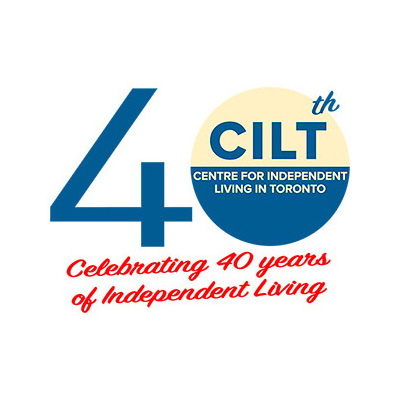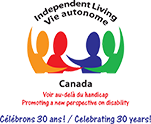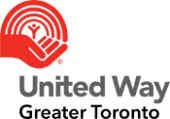What is Nurturing Assistance?
Nurturing Assistance is a consumer-directed service that provides physical assistance to parents with physical disabilities who have young children and are eligible for attendant services for their own needs. Nurturing Assistants are paid employees who work under the direction and in the presence of the parent to assist the parent with parenting activities such as bathing and changing the child, preparing meals, lifting, carrying, nursing and cuddling the child, playing and parent-child bonding. They are not babysitters or nannies. The parent is always present and directing the Nurturing Assistant as they would direct their attendants.
There are currently three avenues through which parents access Nurturing Assistance in Ontario.
One is through the Direct Funding Program (Direct Funding: Self-Managed Attendant Services in Ontario (dfontario.ca)) where consumers receive funding to hire, train and pay their own Attendants. Consumers with young children have been able to allocate some of this funding to hire Nurturing Assistants.
It can also be accessed through certain Ontario Attendant Service Providers and Outreach Programs that have arranged to receive funding from the government to provide Nurturing Assistance to the consumers they work with. When you apply for attendant services in Toronto and York Region through the Attendant Service Application Center (ASAC (Attendant Service Application Centre) (cilt.ca)) you can indicate a need for Nurturing Assistance. If you are outside of Toronto and York region you can contact a provider on the Ontario Attendant Services Directory (Ontario Attendant Service Directory (cilt.ca)) to find out about receiving Nurturing Assistance.
History of Nurturing Assistance
In 1988, a Toronto couple who had just had their first child realized that a special service was needed for the mother (who has a disability and requires attendant services) to help her with parenting activities. By providing necessary physical supports, this service would enable the mother to make a meaningful contribution to raising her child and help to strengthen the parent-child bond. It was particularly necessary during the child’s infancy and early years. The couple was able to secure funding to hire Nurturing Assistants for parenting tasks in addition to attendant services for tasks of daily living. Speaking about her experience, the mother reported “I found this assistance during K-‘s formative years to be absolutely invaluable. My relationship with K- is so much richer than I might have thought possible, and I know that a foundation has been built that will last all our lives.”
The value of Nurturing Assistance was clear and parents with disabilities began to advocate for this funded support to be available for anyone receiving attendant services who chose to parent. Nurturing Assistance was included as part of the Direct Funding program from the very beginning in 1995.
In August 2000, CILT started the Nurturing Assistance Project. Lead by an Advisory Committee of parents with disabilities and service providers, the goal of the project was to create a model of Nurturing Assistance that can be used by parents, service providers and funders to develop/implement Nurturing Assistance services. The guiding principles for the development of this model are consistent with the principles promoted by the Canadian Association of Independent Living Centres (i.e., consumer control, peer support and full integration).
Through interviews with parents and prospective parents, service providers and other key informants, the project documents the extent and type of parenting supports and/or Nurturing Assistance services available in Canada and internationally in the early 2000s. It also outlines the process consumers might follow in planning and obtaining their own Nurturing Assistance services and provides stories and advice from users of Nurturing Assistance services based on their own experiences.
The result of the Nurturing Assistance Project is the book Nurturing Assistance: A Guide to Providing Physical Assistance for Parents with Disabilities. This text is a how-to guide for policy makers, funders, service providers, parents and prospective parents with disabilities wishing to establish Nurturing Assistance services.
To order a hard copy of the Nurturing Assistance Guide, or download a PDF or Word document visit https://cilt.ca/cilt-resources/cilt-publications/
Limitations of Nurturing Assistance
Nurturing Assistance is not widely known, even among service providers that work directly with parents and prospective parents with disabilities. It is generally heard of through word of mouth. Parents using attendant services often have to discover and advocate for this service on their own.
Many disabled parents would benefit from Nurturing Assistance, but it is unfortunately currently limited to parents with physical disabilities who use attendant services. Many parents may be independent with self care but need assistance with parenting tasks, especially with infants and in the early years. At present, there are no programs to fund or provide Nurturing Assistance to parents with disabilities who are not attendant service users.







